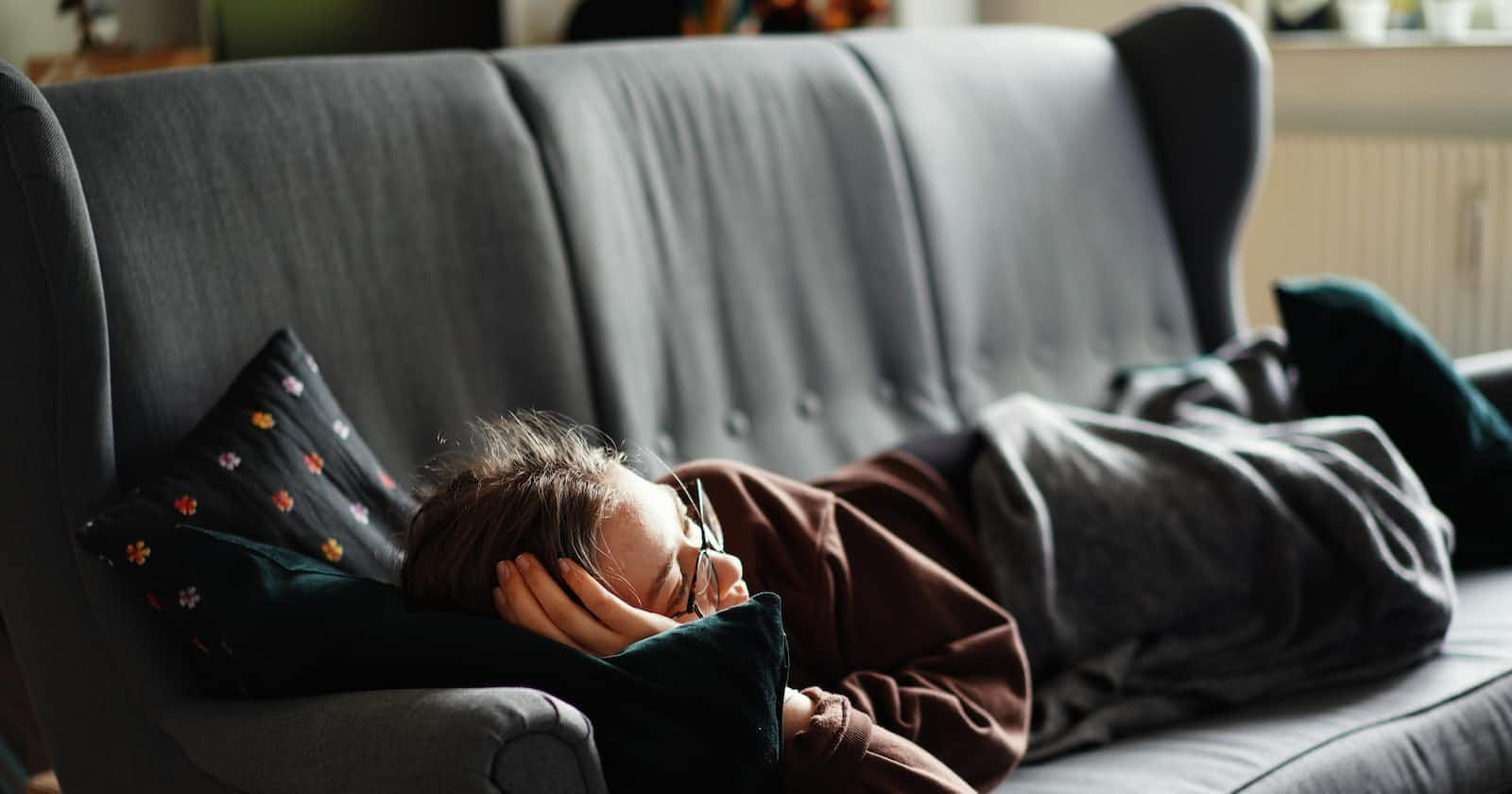
Coffee nap
What it is, how to do it and why it helps you improve your performance
Coffee napping is a technique that involves drinking a cup of coffee and then taking a short nap of about 20 minutes. The aim is to harness the benefits of coffee and napping to improve alertness and cognitive performance.
Coffee contains caffeine, a stimulant that blocks adenosine receptors in the brain. Adenosine is a substance that accumulates during the day and causes drowsiness. Drinking coffee reduces the effect of adenosine and increases the feeling of energy.
However, it takes about 20 minutes for caffeine to reach the brain from the stomach. Therefore, if coffee is taken just before a short nap, the effect of the coffee can be synchronised with waking up.
Napping has benefits in itself, such as improving memory, learning and mood. In addition, sleeping for only 20 minutes avoids entering the deepest phases of sleep and prevents sleep inertia, which is the feeling of grogginess and confusion that occurs when waking up from a long nap.
The combination of coffee and napping may be more effective than each alone in combating fatigue and increasing productivity. Some studies have shown that coffee napping improves reaction time, attention and performance on complex tasks.
Coffee napping can be useful for people who have an irregular schedule or suffer from jet lag. It can also be a good option for those who need an extra boost during the day or want to recover after a bad night.
To make a good coffee nap, it is recommended to follow these steps:
Choose a suitable time to do it, preferably between 13:00 and 15:00 or mid-afternoon.
Drink a cup of coffee without sugar or milk to facilitate its absorption.
Find a comfortable, quiet and dark place to sleep.
Set an alarm to wake up after a maximum of 20 minutes.
Get up quickly and enjoy the revitalising effect of coffee and a nap.
The coffee nap is not recommended for people who have trouble falling asleep at night or who are sensitive to the side effects of coffee such as nervousness or anxiety. It should also not be abused or substituted for an adequate night's sleep.

